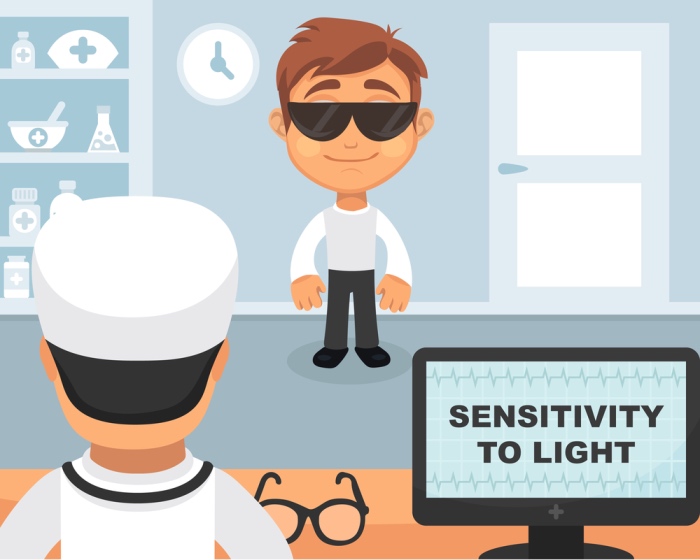Drive Safely With Night Drive Lenses
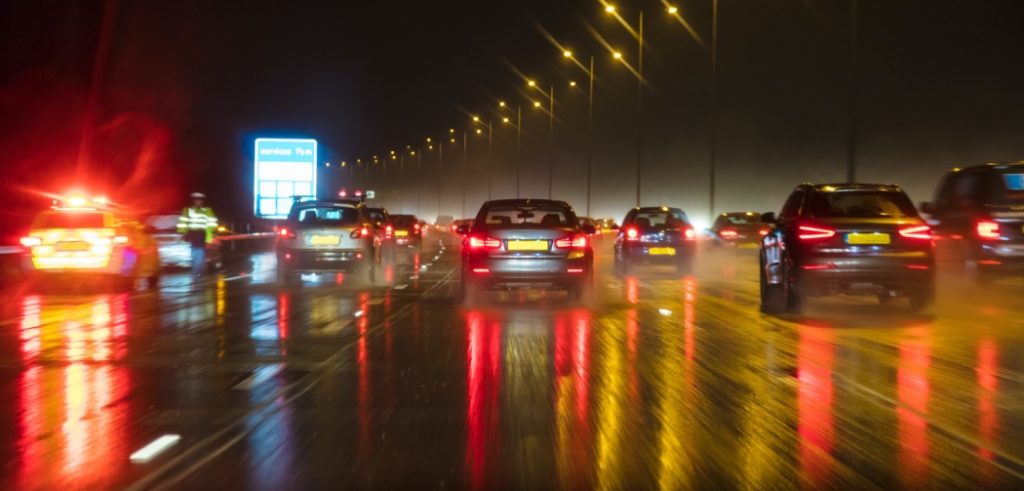
Being able to see clearly when driving is probably the number 1 priority if you are on the road. This can become a major concern if you drive frequently at night, when poor lighting can cause vision problems.
One of the most important problem while driving at the hours of darkness are reflections and glare from traffic lights.
Night Drive Lenses
The most important thing about driving at night is to make sure you wear corrective lenses, if you need them. Night Drive Lenses can be beneficial in reducing the amount of glare while driving at night. Whether you are distracted by street lights, traffic lights or other car headlights, night drive lens coating can help you feel more confident while driving at night and during the day. Night Drive lenses will cut back reflections by up to 90% compared to a lens that doesn’t have an anti-reflective coating, leading to a way clearer image. 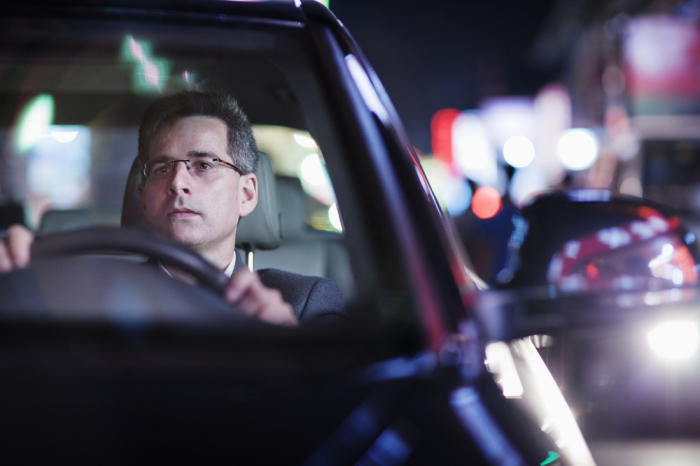
Struggling Due To Light
There are a couple of mechanisms that hinder your night vision. Trying to see something in the presence of overly bright lights can cause your eyes to water and stain your vision. Low light levels cause reduced contrast in images. Combining the two and driving at night can seem like a nightmare, as mentioned above, driving lens coatings are an ideal solution to combat these issues.
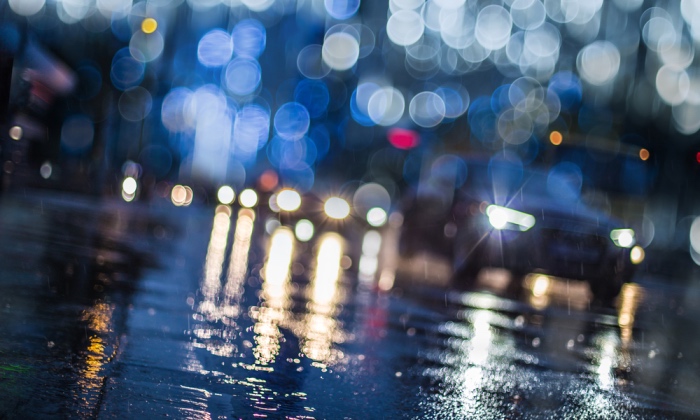
Struggling With Distance
Some people complain that they have a hard time appreciating distances at night, and others feel that their visual field is not as good in low light conditions. This is mainly due to the difficulties we face with the ability to perceive colors and a reduction in the central fields of vision, due to the lack of light. Drivers can act on these signs by getting an eye exam at least every two years. The exam can detect signs of eye conditions that could affect this and will also ensure that your glasses are up to date.
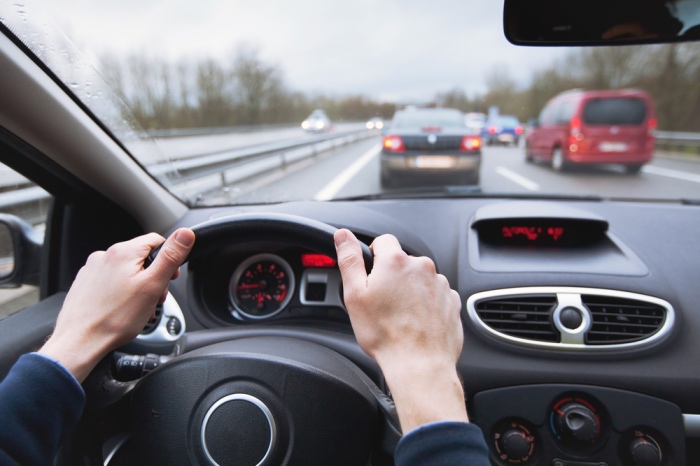
Light Sensitivity
If your eyes are sensitive to light, you may feel as though your headlights are blind to you, and you may have a problem with light contrast after dark. These difficulties may be completely normal. In fact, everyone’s pupils contract when faced with bright lights, and different people’s eyes adjust at different speeds. Dark windows are not the answer, in fact they should not be used at night.
